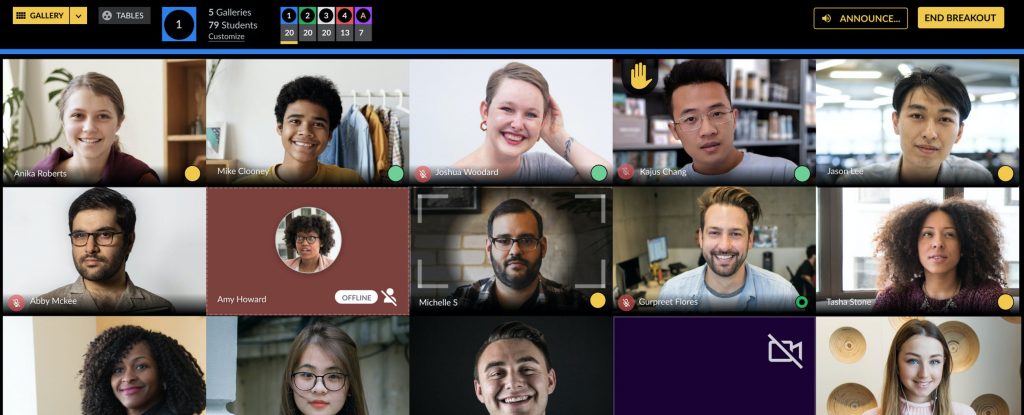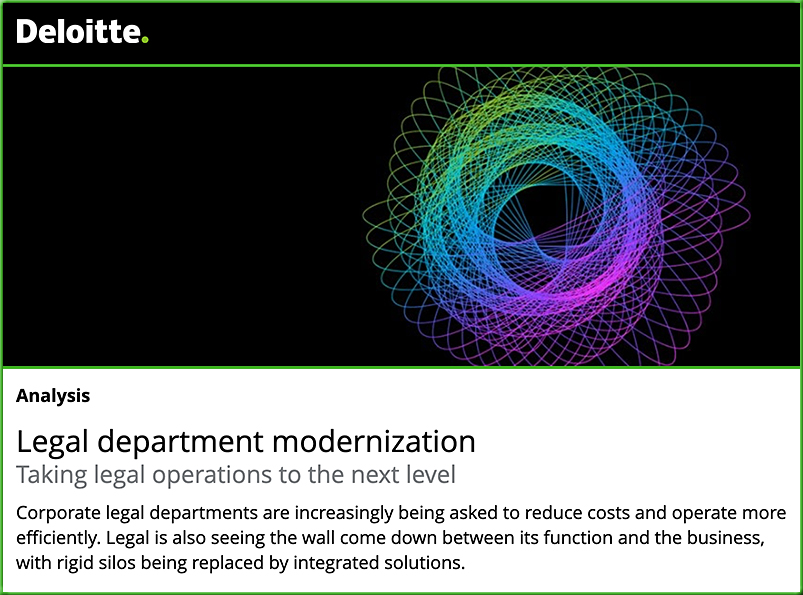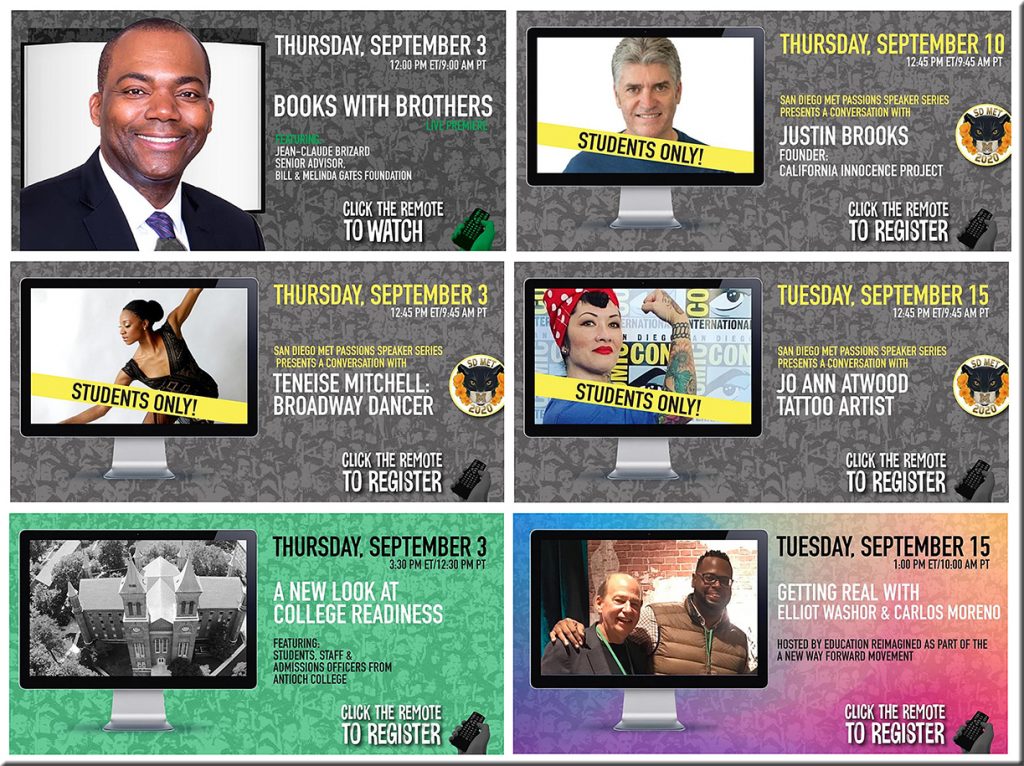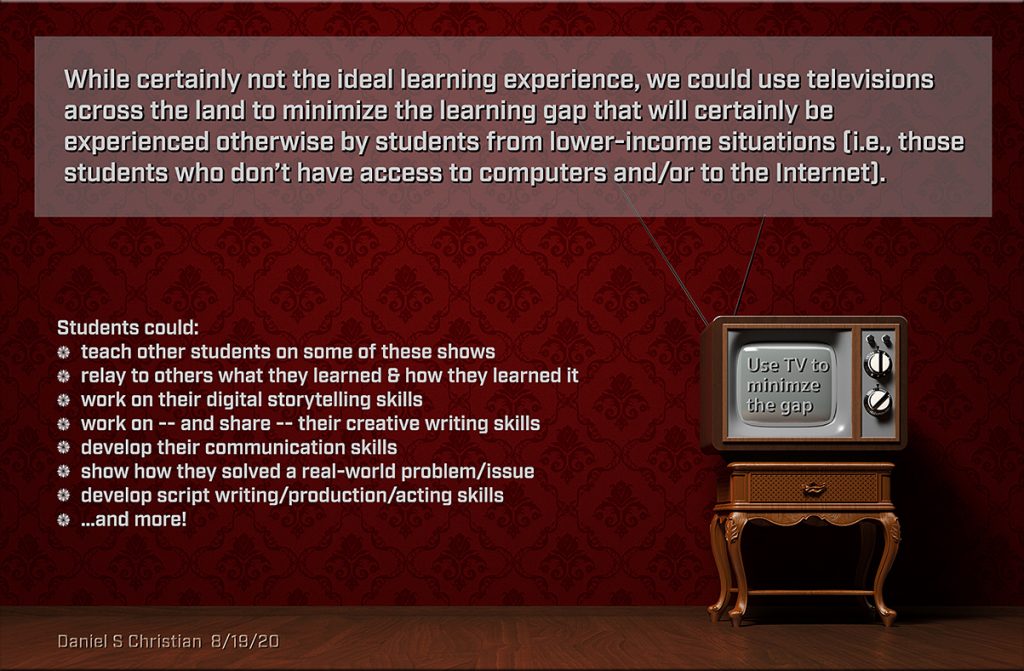Coursera Couple Returns to Higher Ed With $14.5M to Recreate In Person Learning, Online — from edsurge.com by Tony Wan
Learning in the Cloud: Canada’s First University to Move Operations into One Secure Cloud Infrastructure Sets the Stage for the Future of Learning — from globenewswire.com by Athabasca University
Athabasca University (AU) lays the groundwork to build a more accessible and personalized future for post-secondary learners
Excerpt:
Edmonton, Alberta, Sept. 23, 2020 (GLOBE NEWSWIRE) — At a time when you can personalize everything from your online shopping experience to your dating prospects, it seems only reasonable to ask: why can’t students “swipe right” on their course load? Why can’t a degree be structured around what someone wants to learn or how they learn, instead of what’s traditionally part of the program? In other words, why isn’t it possible to choose your own adventure in a university environment?
Athabasca University (AU), Canada’s Online University, recently completed a six-month rapid cloud migration project with Amazon Web Services (AWS) to construct a secure, flexible, and global infrastructure required to make personalized learning an infinitely scalable reality. With the completion of its cloud migration project, AU became the first post-secondary institution in Canada to move its entire digital operations infrastructure into its own secure AU cloud environment powered by AWS.
Staff get little to no say in campus governance. That must change. — from chronicle.com by Lee Skallerup Bessette
As professors and administrators debate how to reimagine academe after Covid-19, that reform must include a greater voice for staff members.
Excerpts:
Why, then, in all of this recent (and needed) hand-wringing and speculating about the future of the university, post-pandemic, have we not heard many (if any) staff voices? Or for that matter, any calls for our voices to be included in any planning and restructuring?
…
Faculty members are the experts in their disciplines, but they do not have a monopoly of knowledge around pedagogy, programming, student success, inclusivity, equity, accessibility, among other things. We shouldn’t expect already overtaxed faculty members to be experts in everything and anything. In fact, the intense pressure that many of them are feeling lately is largely because of structures and traditions that discourage professors from collaborating with staff members who are experts in those areas.
…
With college campuses selling themselves as an entire “experience,” not just a set of courses, it’s high time for those of us responsible for that campus experience to be included in the larger conversation.
Digital transformation: 5 ways the pandemic forced change — from enterprisersproject.com by Gordon Haff
The pandemic has reshaped consumer behavior and team expectations. At a recent MIT Sloan CIO Symposium event, CIOs detailed what it means for organizations, IT, and the CIO role
Excerpt:
The new CIO role: Chief Influencing Officer
Zemmel says that the evolution of the role of the CIO has been accelerated as well. He sees CIOs increasingly reporting to the CEO because they increasingly have a dual mandate. In addition to their historical operational role running the IT department, they now are also customer-facing and driving revenue. That mandate is not new for forward-looking IT organizations, but the pandemic has made other organizations hyper-aware of IT’s role in driving change quickly. CIOs are becoming a sort of “chief influencing officer who is breaking down silos and driving adoption of digital products,” Zemmel adds.
Experian’s Libenson puts it this way: “The pandemic has forced us to be closer to the business than before. We had a seat at the table before. But I think we will be a better organization after this.”
















![Learning from the Living [Class] Room](http://danielschristian.com/learning-ecosystems/wp-content/uploads/2019/12/LearningFromTheLivingClassRoom2-DanielChristian-SM-1024x655.jpg)


